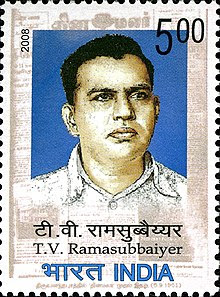International Walk to School Day is an annual global event held on the first Wednesday in October. It promotes the benefits of walking to school and encourages students, parents, teachers, and community members to take part in a healthy and eco-friendly mode of transportation.
The primary goals of International Walk to School Day are:
Promoting Physical Activity: Walking to school helps children incorporate physical activity into their daily routine, which is essential for their overall health and well-being.
Raising Awareness: The event raises awareness of the importance of pedestrian safety, including the need for safe routes to school, crosswalks, and traffic safety measures.
Reducing Traffic Congestion: Encouraging walking to school reduces the number of cars on the road during school drop-off and pick-up times, alleviating traffic congestion and reducing pollution.
Community Building: It fosters a sense of community by bringing together students, parents, teachers, and local officials for a common cause.
On International Walk to School Day, participants may organize walking groups, promote pedestrian safety measures, and engage in educational activities related to walking and physical fitness. The event is celebrated in countries around the world, emphasizing the global importance of promoting active, safe, and healthy modes of transportation for children.





